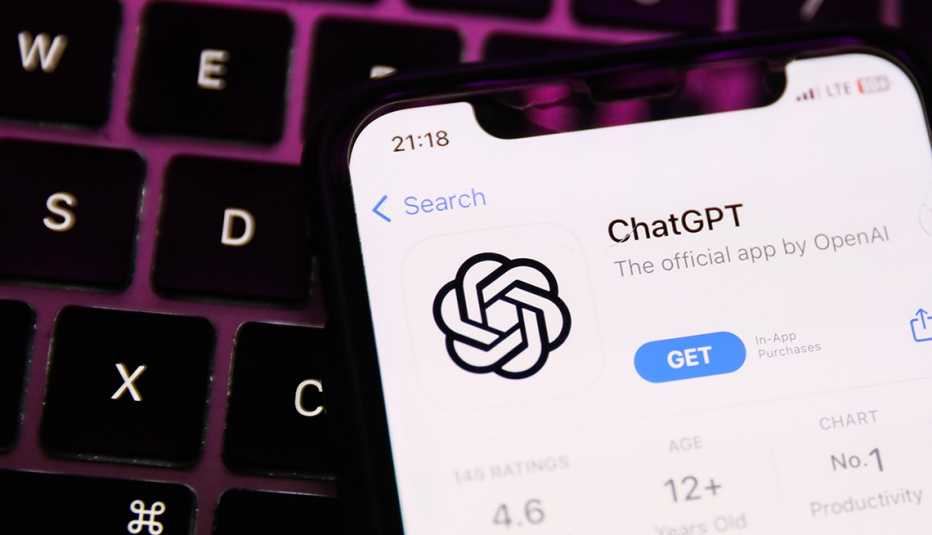AARP Hearing Center


Excitement surrounding artificial intelligence (AI) has been off the charts since late fall, when ChatGPT exploded on the scene and became what analysts believed to be the fastest-growing app in history.
Since then, Twitter alternative Threads has surpassed it in speedy popularity.
Those who tried ChatGPT marveled at some of the things that it and other emerging generative AI chatbots could churn out in mere moments — letters, poems, recipes, travel suggestions, even computer code.
But a potential darker side of AI also emerged:
- Assaults on user privacy.
- The potential for job loss.
- A rise in consumer fraud.
- The spread of bias, disinformation and inaccuracies.
Now, the Federal Trade Commission (FTC) has placed OpenAI, the startup that sired ChatGPT, in its regulatory sights. The agency opened an investigation into whether the company may have engaged in unfair or deceptive privacy or data security practices that could put consumer data and personal reputations at risk. The claims are outlined in a letter, published by The Washington Post, that the FTC sent to OpenAI.
OpenAI has not responded to an AARP request for comment. In a tweet Thursday night, OpenAI CEO Sam Altman wrote, “it’s super important to us that [our] technology is safe and pro-consumer, and we are confident we follow the law. of course we will work with the FTC.” The FTC declined to comment.
What does the federal government consider a problem?
ChatGPT and other generative AIs such as Microsoft Bing’s chatbot that incorporates OpenAI technology, Bard from Google, and Claude from startup Anthropic are trained on large language models (LLMs), essentially massive amounts of human generated data from the web. This includes works that may be copyrighted.






































































More From AARP
AI Could Be Your Next Therapist for Loneliness, Anxiety
Chatbots can help support mental health, experts say
6 Innovations to Help People Live Better as They Age
Safety, independence are possible by leaning into tech
6 Ways Artificial Intelligence Can Change Your Life for the Better
AI is here — and providing improved medical outcomes for veterans